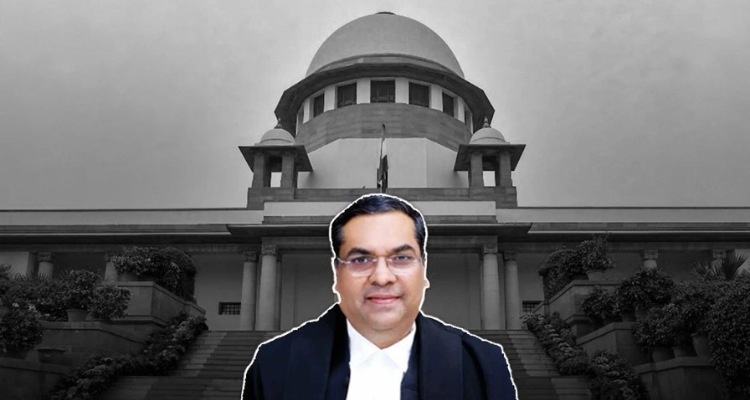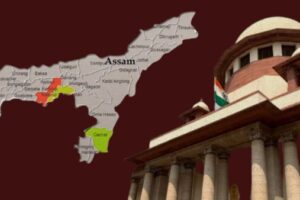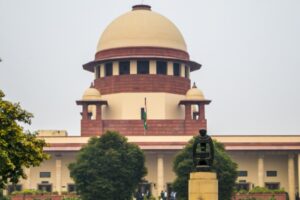
Justice Sanjiv Khanna, the senior judge among the two who granted interim bail to Delhi Chief Minister Arvind Kejriwal, is also in line to become the next Chief Justice of India after the incumbent CJI DY Chandrachud retires in November 2024. Justice Sanjiv Khanna is set to assume the role of Chief Justice of India from November 10, 2024, until May 13, 2025. As the seniormost judge in the apex court after the Chief Justice, he will play a crucial role in leading the judiciary during his tenure.
His Background
1. Early Life and Education: Sanjiv Khanna was born on May 14, 1960. He obtained his law degree from Delhi University.
2. Legal Career Beginnings: In 1983, Khanna enrolled as a lawyer with the Bar Council of Delhi and initiated his practice at Delhi’s district court.
3. Transition to Higher Courts: He later shifted his practice to the Delhi High Court and various tribunals, focusing on diverse legal fields such as constitutional law, direct taxes, arbitration, commercial matters, company law, land laws, environment and pollution laws, and medical negligence. Prior to his appointment as a judge, Khanna briefly served as a lawyer representing the National Capital Territory of Delhi.
4. Broad Legal Expertise: Justice Khanna’s expertise extended across multiple legal domains, including criminal cases, where he served as an Additional Public Prosecutor in the Delhi High Court and as an amicus curiae appointed by the court.
5. Notable Focus on Taxation: Particularly renowned among his colleagues and juniors was Khanna’s proficiency in taxation law. He served as the Senior Standing Counsel for the Income Tax Department in the Delhi High Court for approximately seven years, demonstrating his prowess in this area.
Important Cases He Has Presided Over
1.Justice Khanna authored a judgment dismissing a plea for cross-verification of votes cast in EVMs with VVPAT. In this case he emphasized upon the sanctity of EVMs and his trust in the Election Commission of India (ECI).
2.He presided over this case which was seeking a stay on law pertaining to the appointment of election commissioners. He rejected a stay application on the law related to the appointment of election commissioners.
3.Denied bail to Telangana MLC K Kavitha in a liquor policy case. Directed her to seek bail in the trial court rather than approaching the apex court directly.
4. Contributed to striking down the constitutional validity of the electoral bonds scheme with a concurring opinion.
5.Participated in upholding the abrogation of Article 370, providing a concurring view to the majority judgment.
6.Refused bail to former Delhi deputy CM Manish Sisodia in October 2023.
7. Granted interim bail to Delhi Chief Minister Arvind Kejriwal till 1st June 2024.
Read More: Supreme Court, Delhi High Court, States High Court, Other Courts, International





